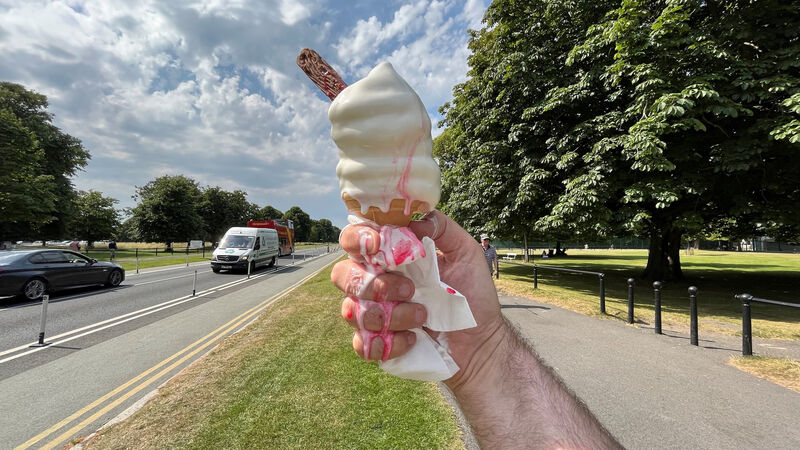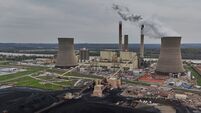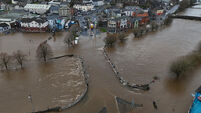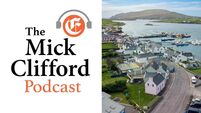Temperature records are being shattered everywhere, so why is Ireland’s from the 1880s?

Phoenix Park in Dublin recorded a temperature of 33.1C on Monday afternoon.
It was 135 years ago that the hottest day in Ireland's history supposedly took place, but doubts around the veracity of that record means this week's 33C in Dublin is almost certainly the true holder.
It was Kilkenny Castle in 1887 that saw a recorded temperature of 33.3C, since converted from the old Fahrenheit system. That has been used as the standard-bearer in the 135 years since, and is considered hallowed by Met Éireann.
CLIMATE & SUSTAINABILITY HUB














